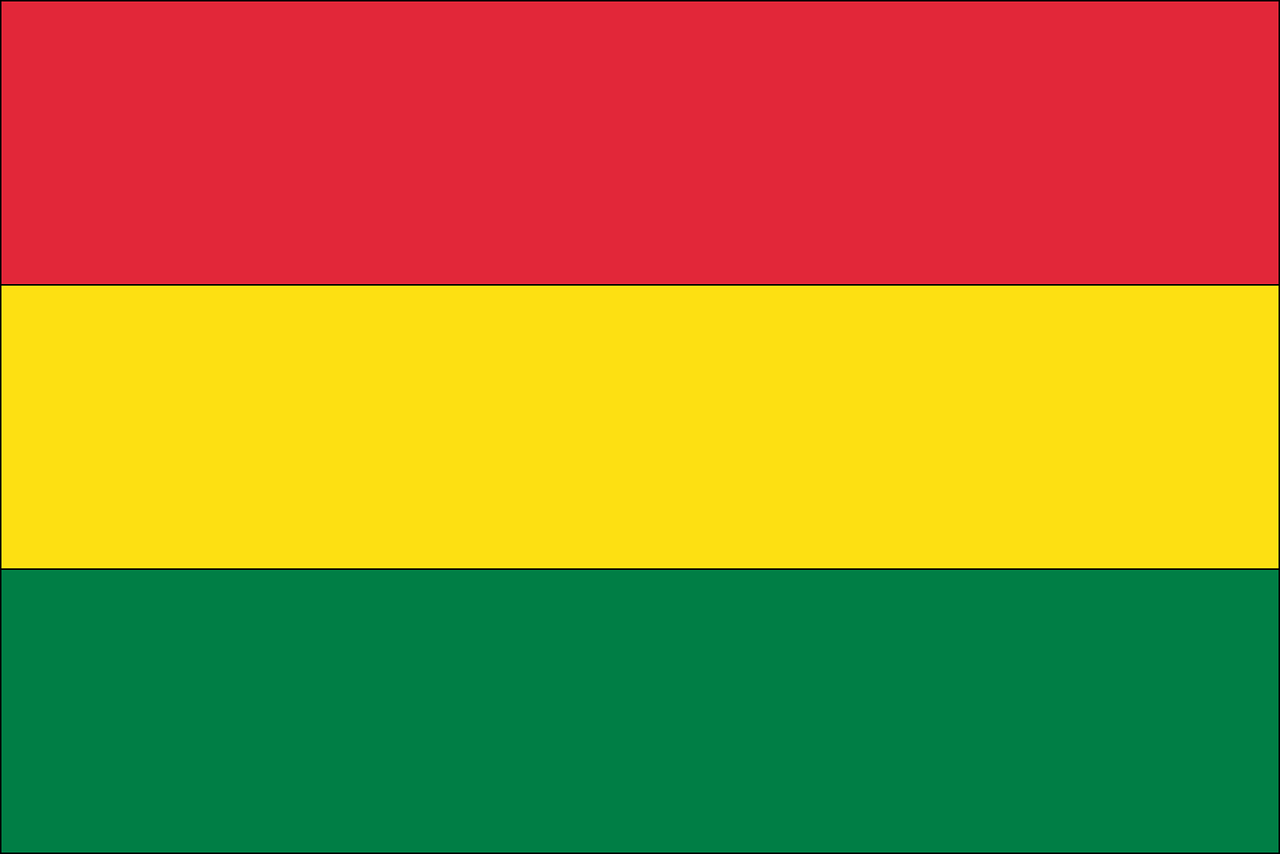A country with a large number of unbanked, a large informal economy and a turbulent history of inflation sounds like a perfect situation for Bitcoin and cryptocurrencies to flourish. However, a quick look on Bitcoin-related groups on social media shows otherwise. The Bitcoin community in Bolivia is yet to take off.
In 2014, Bolivia became the first Latin American country to ban Bitcoin and all digital currencies. The Central Bank issued a resolution banning “any kind of currency that is not issued and controlled by a government or an authorised entity” citing consumer protection concerns. “People using Bitcoin have been exposed and suffered monetary losses,” argued a report on electronic money released by the Central Bank in May 2014.
Two years on and the Bitcoin activity remains low in the country.
“Right now, the cryptoscene consists of in-person exchanges which are mainly coordinated through scattered Facebook groups, with no more than 20 – 30 members. Due to the legal status of Bitcoin in the country these groups tend to be private and in order to join them one must exchange some Bitcoins with the current members,” Vaca-Pereira told CoinTelegraph. “I have some ideas to develop with Bitcoin in Bolivia, but taking risks with the current regulation is quite complicated,” he says, “particularly with the current government.”
Distrust among the public.
President Morales has pushed for the de-dollarization of the country under a process called Bolivianización, named after Bolivia’s national currency – the boliviano. The plan included a new tax on foreign exchange transactions and higher reserve requirements on foreign currency deposits. It’s more than likely that the repression of Bitcoin was part of the effort to prevent digital currencies from gaining momentum in the country.
Like other Latin American countries, Bolivia has manoeuvred its way through the murky waters of inflation throughout the 1980s destroying public confidence in the banking system. “Bolivians still distrust the system and authorities”, says Río García. Bitcoin could potentially enhance economic opportunities in Bolivia, but it seems that there is still a long road ahead.

